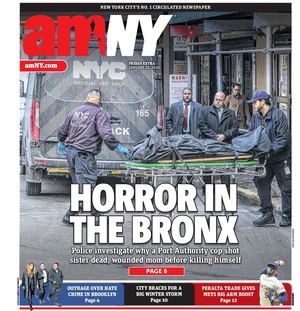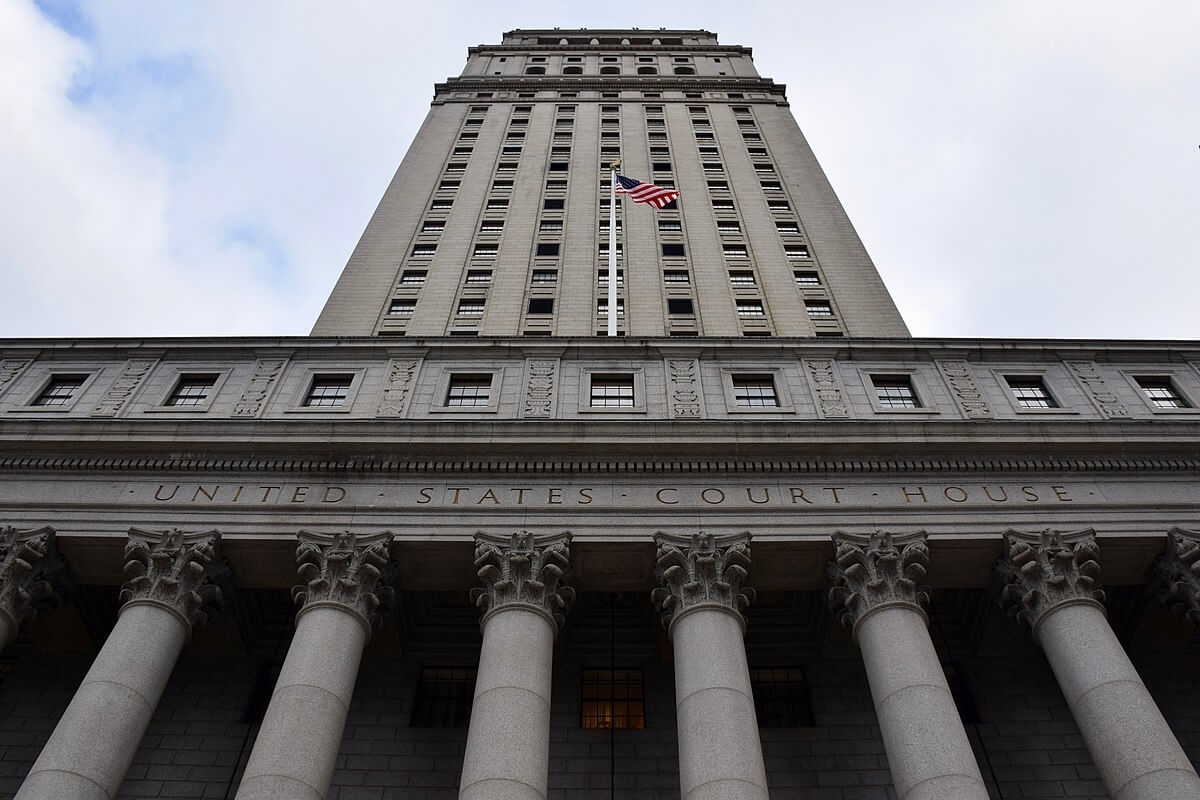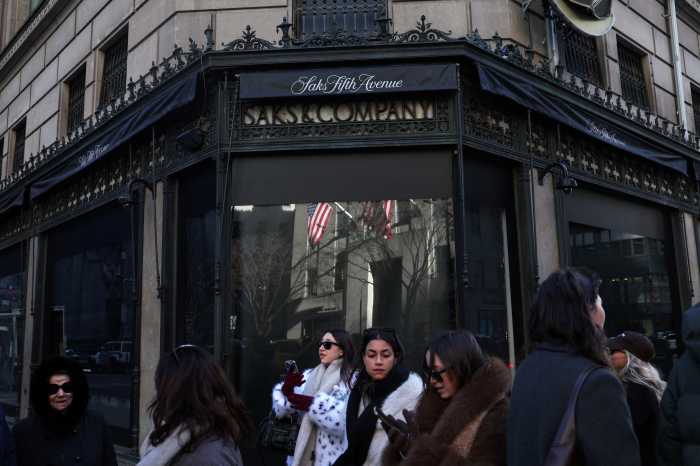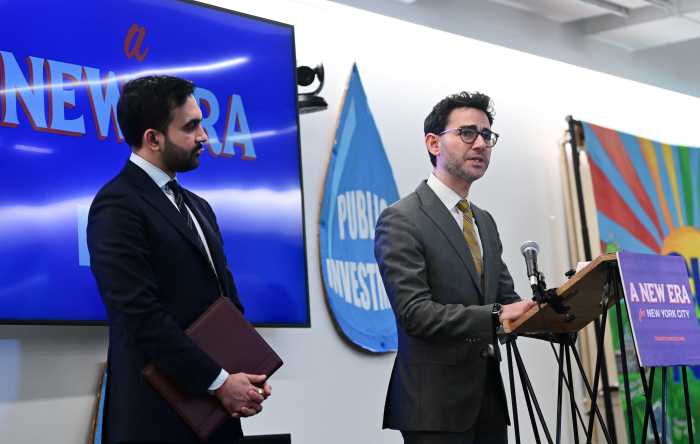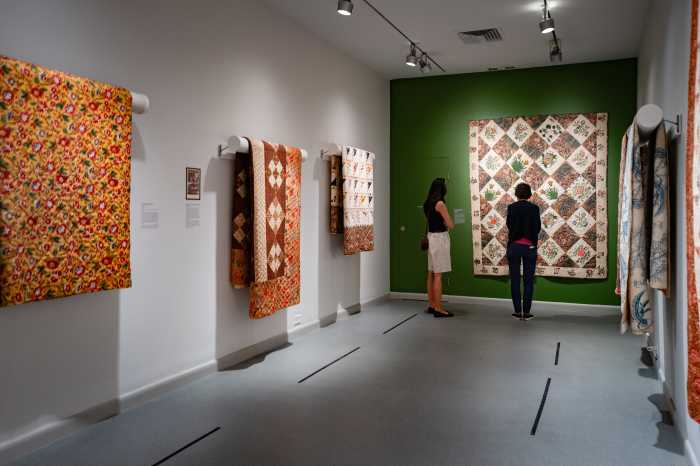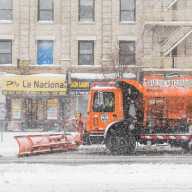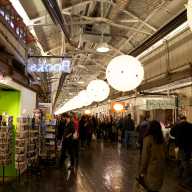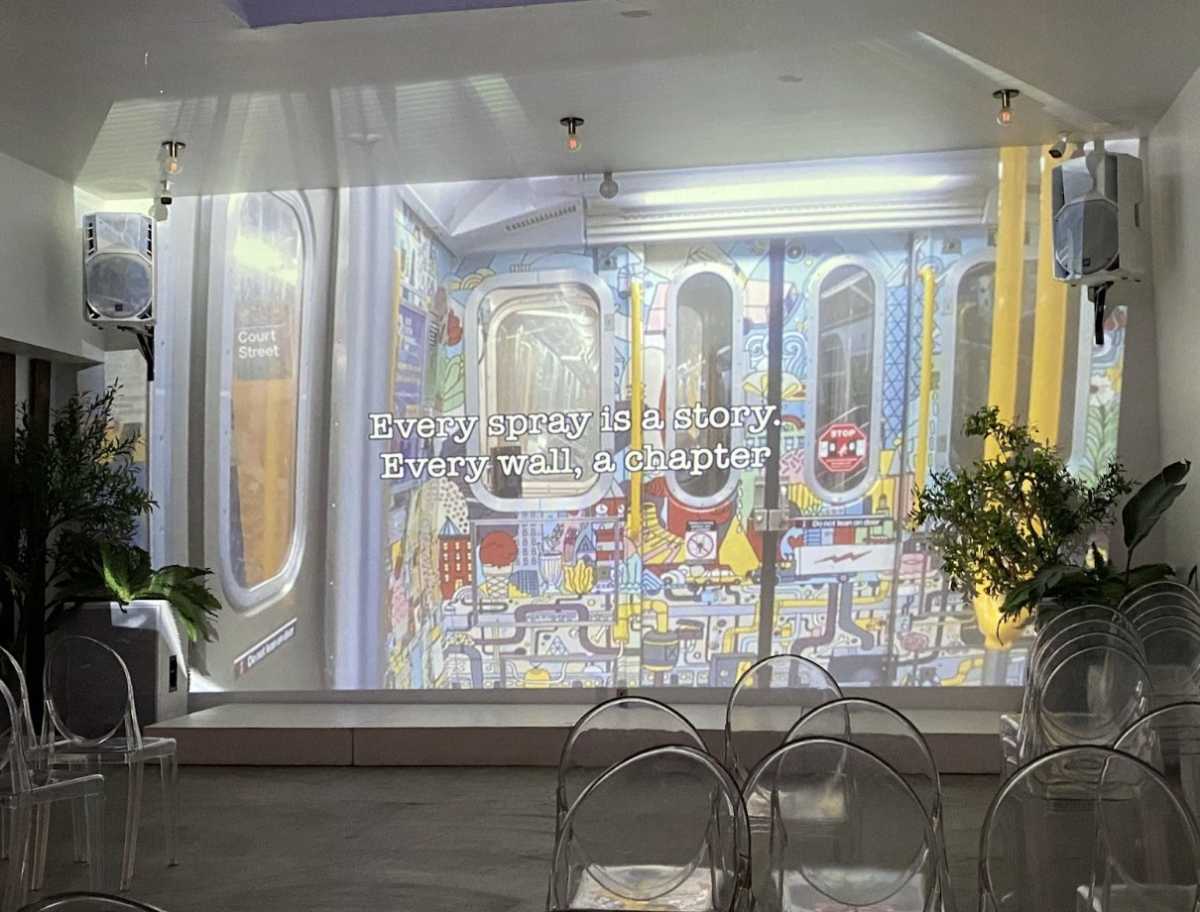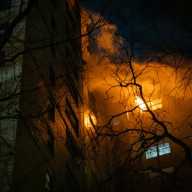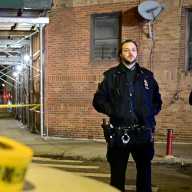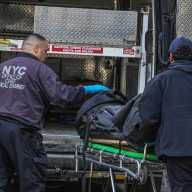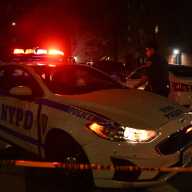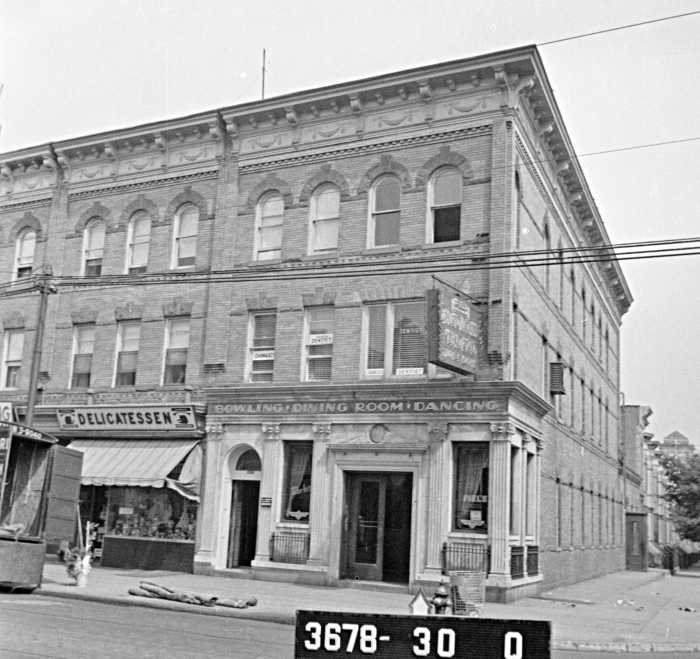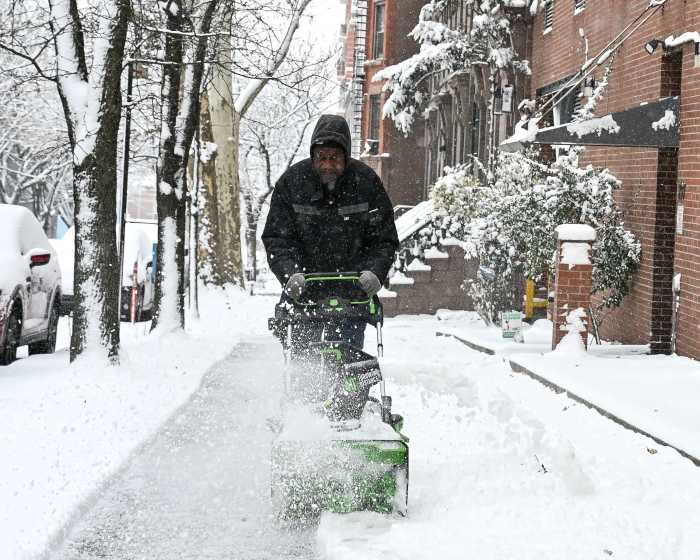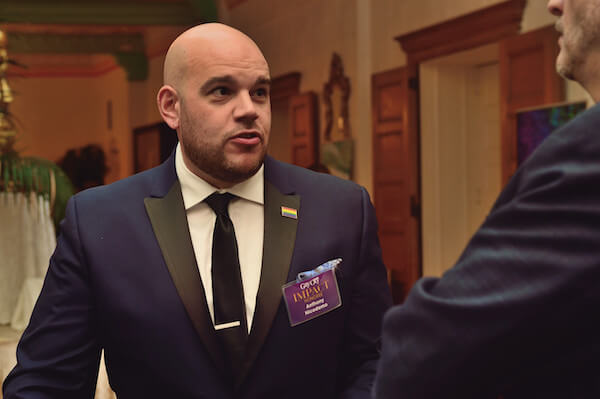Apex Building Company, a Harlem-based general contracting firm, has agreed to pay over $600,000 to settle a lawsuit charging them with violating lead paint safety regulations, and exposing hundreds of low-income residents to toxic lead.
Attorneys with the Southern District of New York sued Apex, which agreed to enter into a consent decree resolving the lawsuit, where they accepted responsibility for their alleged violations and agreed to a $606,706 fine — the second-largest penalty ever imposed under the EPA’s Renovation, Repair, and Painting Rule.
According to prosecutors, Apex had done extensive repair work on several buildings, housing hundreds of apartments where mostly low-income tenants lived, across the five boroughs between 2015 and 2021 — but, in 2016, the city’s Department of Health and Mental Hygiene found that they had failed to contain large amounts of lead.
Further investigation from the federal EPA found that Apex had lacked proper certifications, and failed to inform workers and tenants of the prevalence of lead.
When confronted by the EPA with their findings, Apex provided false information to skirt punishment, and continued to violate the Renovation, Repair, and Painting Rule for several years at other repair jobs.
Once investigators discovered their deceitfulness and continued rule breaking, they filed a lawsuit against the company in federal court for violations of the Toxic Substances Control Act (TSCA) and EPA’s Renovation, Repair, and Painting Rule (RRP Rule).
Simultaneously, the company and prosecutors agreed to enter into a consent decree with a fine of $606,706 — an amount determined by the company’s “documented inability to pay the full civil penalty for which it otherwise would be liable,” according to the agreement.
In addition to the civil penalty, the company will also need to comply with safe work practices and other RRP Rule requirements in the future, as well as retroactive safety briefings with both workers and tenants about the lead issues they helped cause.
If they fail to comply with those settlement terms, the company will be subject to additional penalties.
Among the buildings mentioned in the lawsuit where Apex failed to contain illegal amounts of toxic lead are:
- 76 Grove St. in Brooklyn
- 400 Manhattan Ave. in Manhattan
- 1690 Longfellow Ave. in the Bronx
- 1700 Longfellow Ave. in the Bronx
- 353 Ford St. in the Bronx
- 355 Ford St. in the Bronx
- 365 Ford St. in the Bronx
- 1373 Franklin Ave. in the Bronx
- 1377 Franklin Ave. in the Bronx
- 1381 Franklin Ave. in the Bronx
- 1390 Franklin Ave. in the Bronx
- 1392 Franklin Ave. in the Bronx
- 1394 Franklin Ave. in the Bronx
- 1139 Nelson Ave. in the Bronx
- 1144 Nelson Ave. in the Bronx
- 1184 Nelson Ave. in the Bronx
- 125 West 166th St. in the Bronx
- 130 West 166th St. in the Bronx
- 134 West 166th St. in the Bronx
- 1085 Anderson Ave. in the Bronx
- 631 Jefferson Pl. in the Bronx
The U.S. Attorney with the Southern District of New York blasted the company’s actions, and promised to hold violators responsible for similar crimes.
“Apex’s conduct threatened to expose people, including children, to toxic lead paint dust in communities that already suffer disproportionately from public health and environmental hazards,” said U.S. Attorney Damian Williams. “Through this lawsuit and consent decree, we are holding Apex responsible for its legal violations.”
